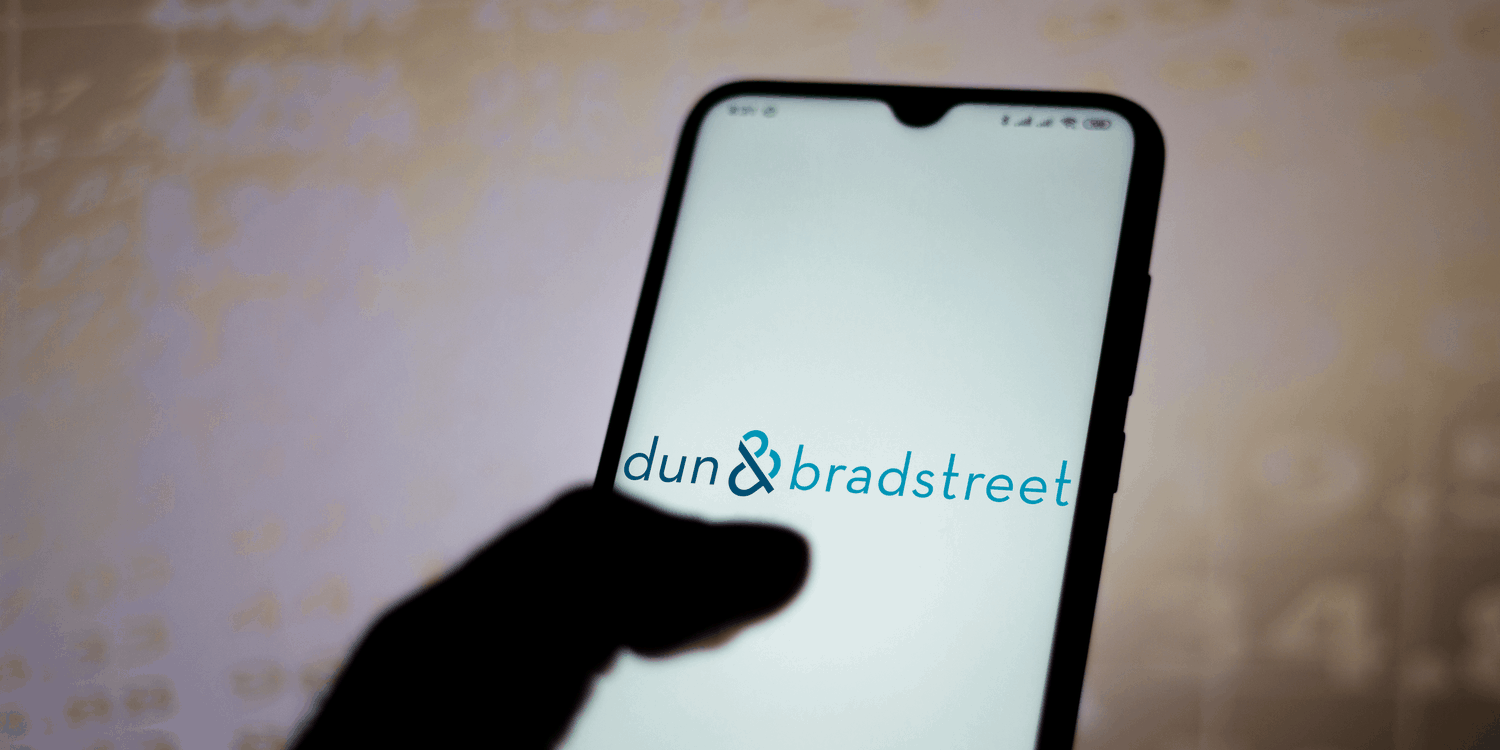A D-U-N-S Number is a unique nine-digit identifier for businesses, and a global numbering system for business entities, developed and managed by Dun & Bradstreet (D&B), an American credit referencing agency. D-U-N-S, also often written DUNS, stands for the Data Universal Numbering System.
Launched in 1963 to support the company’s credit reporting practice, the system assigns a unique numeric identifier – known as a D-U-N-S Number – to each business entity that is registered in their database.
D-U-N-S Numbers essentially link a company with their credit report held in the Dun & Bradstreet database. According to D&B, there are currently over 330 million businesses with D-U-N-S Numbers across the world.
Millions of businesses across the globe use a D-U-N-S Number to help them secure credit, win tenders or enter business relationships more efficiently.
But how exactly does a D-U-N-S number work and how can a limited company in the UK get one?
How does a D-U-N-S Number work?
Many organisations will use the D-U-N-S Number of a company to check its reliability, creditworthiness, or financial stability on the Dun & Bradstreet database.
The number identifies a company’s Dun & Bradstreet business credit file, which may include things like:
- Company name, address, phone number, etc.
- Corporate family relationships, e.g. headquarters, branches, subsidiaries, etc.
- Scores and ratings that assess different financial health indicators.
The full credit file is known as the Dun & Bradstreet Live Business Identity.
Certain businesses and financial lenders may wish to view this Live Business Identity file before they decide to work with a company or extend credit. In this scenario, they will request the D-U-N-S Number so that they can perform various checks.
Do I need a D-U-N-S Number?
Certain public sector bodies and large companies will require a company to provide their D-U-N-S Number before considering working with them. For example, it may be necessary to provide this number during a tendering process for a government procurement contract.
Many financial institutions will request a company’s D-U-N-S Number before making a decision about whether to issue a loan or other forms of credit. And the information provided by the Live Business Identity file may determine the terms of credit, such as the interest rate.
Example: Apple Developer Program
Any company that wants to join the Apple Developer Program is required to submit its D-U-N-S Number as part of the application process.
Many companies developing advanced apps for iOS will want to join the Apple Developer Program. The Apple website states that a D-U-N-S Number will be used to “check the identity and legal entity status of your organization as part of our enrollment verification process for joining the Apple Developer Program or the Apple Developer Enterprise Program”. Without a D-U-N-S number, an application to join either program will be refused.
Are D-U-N-S numbers international?
D-U-N-S numbers are designed for use on an international basis. Companies that want to deal with businesses in other countries can exchange D-U-N-S Numbers to perform due diligence checks.
Although there are other methods of obtaining financial information on companies, these may vary depending on each jurisdiction.
How can I get a D-U-N-S Number for my company?
According to the Dun & Bradstreet website, all companies registered in the UK are automatically issued with a D-U-N-S Number. However, companies will not know their number until they use the Dun & Bradstreet lookup tool.
This tool will require a company to enter various details (e.g. company number) to find their business in the Dun & Bradstreet database. A request then needs to be submitted to receive the D-U-N-S number via email.
What are the alternatives to D-U-N-S Numbers in the UK?
Although certain organisations may demand a D-U-N-S Number before working with a company or extending credit, there are many alternative ways to carry out background research into UK companies. For example:
- Companies House – a whole wealth of information on UK companies is freely available to the public by searching the companies register. This includes details of company accounts and insolvency information.
- Experian and Equifax – both organisations collect financial data on companies in the UK, which can help to assess the financial health of a potential business partner.
- LinkedIn – although this does not provide any form of company reports, a lot of information can be gleaned from doing a bit of digging on this professional networking platform.
- Google – this is perhaps the most basic form of company research, but it can throw up various interesting results about the reputation of a business, including reviews from customers (e.g. Trustpilot) or former employees (e.g. Glassdoor).
A company can also demonstrate its credentials with a Certificate of Good Standing, which can be ordered from Quality Company Formations. This certificate verifies that a limited company’s statutory filing obligations are up-to-date and that the company has been in continuous and uninterrupted existence since incorporation.
Please note that the information provided in this article is for general informational purposes only and does not constitute legal, tax, or professional advice. While our aim is that the content is accurate and up to date, it should not be relied upon as a substitute for tailored advice from qualified professionals. We strongly recommend that you seek independent legal and tax advice specific to your circumstances before acting on any information contained in this article. We accept no responsibility or liability for any loss or damage that may result from your reliance on the information provided in this article. Use of the information contained in this article is entirely at your own risk.






